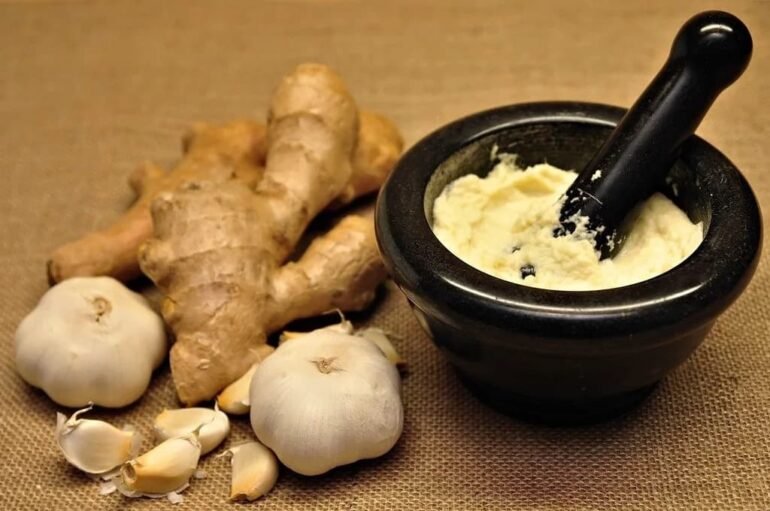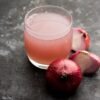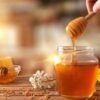What is ginger?
Ginger or Zingiber officinale is a member of the Zingiberaceae family and a blooming plant. Its rhizome or root is widely used as a culinary spice, condiment, and herbal treatment all over the world.
Ginger is said to have originated in the tropical rainforests of the Indian subcontinent and spread to Southern Asia, where ginger plants exhibit some genetic variations. Ginger is widely grown in numerous nations, including Nigeria, Taiwan, India, Jamaica, and Bangladesh.
Ginger is one of the most widely used plants in traditional medicine in many nations. For centuries ginger has been used in traditional Chinese medicine to treat various diseases, including:
In Arabian medicine, ginger is considered an aphrodisiac and some populations in Africa think that eating ginger daily may help repel mosquitos.
The bioactive phenolic compounds, such as gingerol, paradol, and shogaol, are responsible for the medicinal properties of ginger.
Ginger oil is said to be particularly therapeutic. The main active components in ginger oil include the sesquiterpenes, such as bisabolene, zingiberol, and zingiberene.
What is garlic?
Garlic or Allium sativum is a member of the Allium genus and one of the most ancient medicinal herbs. It is related to the onion, shallot, and leek.
Garlic has been used as a spice, food, and folkloric medicine, and it has been extensively explored as a medicinal plant. Garlic is one of many therapeutic plants and has antibacterial characteristics that prevent various diseases.
Garlic is native to Central Asia and northeastern Iran and has a long history of human consumption and usage. The ancient Egyptians used garlic to alleviate diarrhea, and its medicinal properties were written on the walls of old temples in Egypt.
Garlic is used as a flavoring agent in dishes.
In Africa, especially in Nigeria garlic is used to treat disorders, such as:
- Stomach pain
- Diarrhea
- Respiratory tract infections
Allicin and its products, diallyl disulfide and trisulfide, are functional active compounds in garlic that have medicinal properties.
These compounds are the main contributors to garlic’s unique odor, along with other allicin-derived chemicals, such as vinyldithiin and ajoene. As you cook garlic, these compounds reduce, which results in reduced spiciness.



